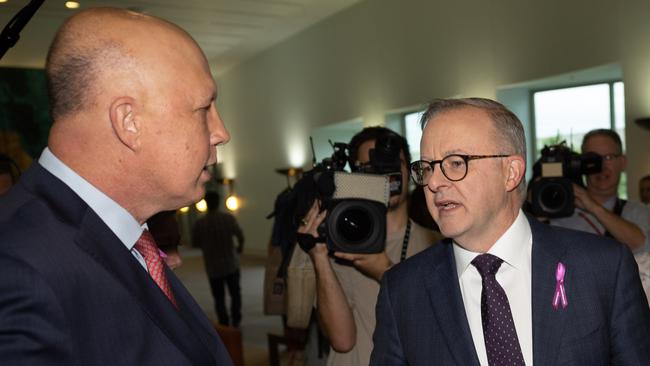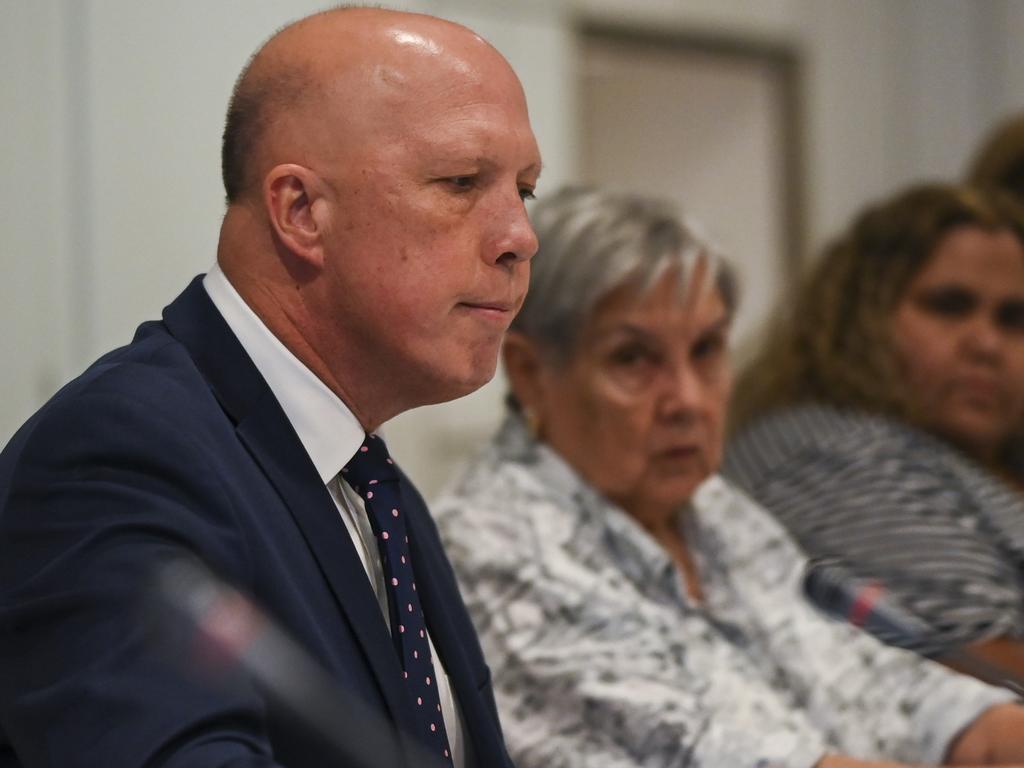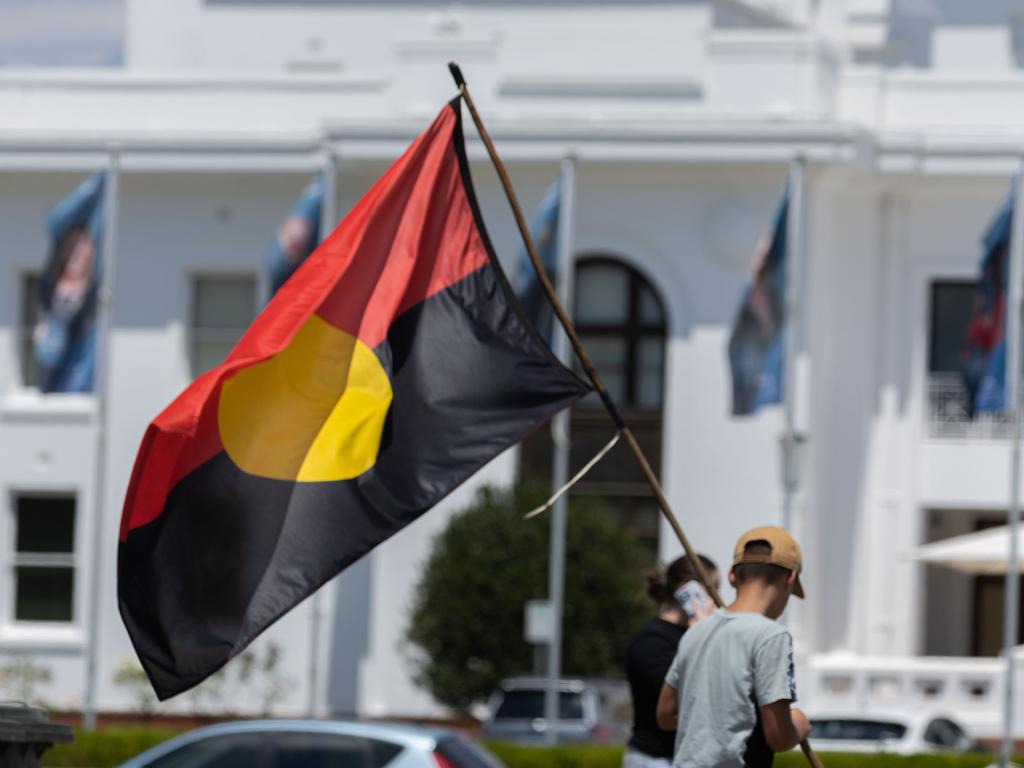Party leaders hold fate of voice referendum in their hands
The fate of the referendum on the voice to parliament and government depends on the actions and attitudes of Anthony Albanese and Peter Dutton.

The fate of the referendum on the voice to parliament and government is in the balance.
Whether the voice to parliament in some form can pass the difficult test of constitutional approval depends on the actions and attitudes of Anthony Albanese and Peter Dutton, who will decide if there is the crucial ingredient of bipartisanship.
Last week the Prime Minister showed a change of tone and tack on the referendum when he withdrew his opposition to a neutral, postal campaign of information for the Yes and No cases, and appealed “with an open heart” for bipartisan support from Liberal MPs.
Albanese’s shift suggested he could see the damage being done to the cause of the voice to parliament and government through a refusal to provide a fair go to the No case as well as a change in momentum for the referendum.
This week the Opposition Leader has shown a change in tone and tack by offering to discuss changes with Albanese and leaving open the option of Liberal support for (a changed) referendum.
Dutton’s shift demonstrates his belief the referendum is destined to fail unless Labor changes its strategy, releases more information and agrees to a very different proposal for an Indigenous voice than one that affects all levels of government and all government policy.
So far, Albanese’s campaign has rested on positive goodwill towards Indigenous Australians and a negative portrayal of those against the proposal as being racist and endangering our international reputation and trade.
He has combined an appeal for goodwill and co-operation from the Liberals to ensure the passage of the referendum with the political threat that they will be blamed for the damage if it fails.
So far, Dutton’s campaign has rested on a demand for more information, to know how the voice will actually work in practice.
He has warned of unintended consequences and demanded to know what practical difference it will make to the disadvantage and crisis experienced by Indigenous Australians outside the cities.
He has combined the legitimate concerns about constitutional change with the political threat that it is Albanese’s strategy, haste and lack of detail that will be responsible for a failure of the referendum.
The shape of the voice to parliament, the fate of the referendum and the political credibility of Albanese and Dutton are all on a cusp and the next few weeks of interaction between the two leaders will decide it all.








To join the conversation, please log in. Don't have an account? Register
Join the conversation, you are commenting as Logout